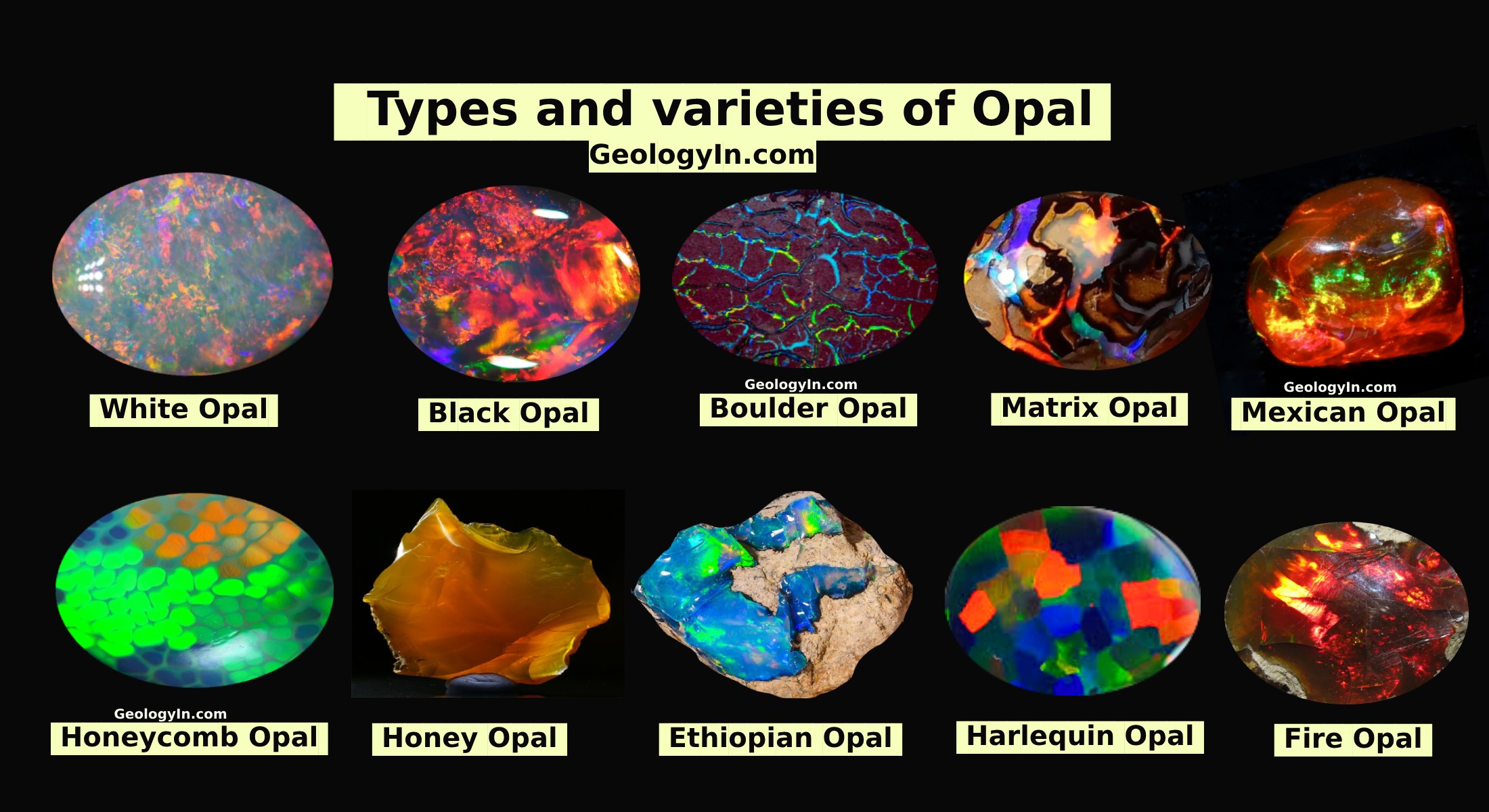The Importance of Fossils
Fossils hold significant importance in various fields, including science, paleontology, geology, ecology, and even in understanding human history and culture. Here are several reasons why fossils are important:
Fossils are the preserved remains or traces of organisms that lived in the past. They are important because they provide evidence of the history of life on Earth. Fossils can tell us what kinds of organisms lived in the past, how they were related to each other, and how the environment has changed over time.
Fossils are also important for understanding evolution. By comparing fossils from different time periods, scientists can see how organisms have changed over time. This information can help scientists to understand how new species are formed and how the diversity of life has changed over time.
Fossils are also important for understanding the history of the Earth. By studying the fossils found in different layers of rock, scientists can learn about the climate and environment of the past. This information can help scientists to understand how the Earth has changed over time and how it may continue to change in the future.
Unveiling Mass Extinctions: Fossil records reveal periods of mass extinction, providing clues about the causes and consequences of these dramatic events. This knowledge helps us understand the fragility of life and potential threats to current ecosystems.
Biostratigraphy and Dating: Fossils are essential for dating rocks and understanding the geological timeline. Different species of organisms existed during specific periods, and the presence of certain fossils in rock layers allows scientists to establish the relative age of those layers and the fossils within them.
Resource Exploration: Fossils of microscopic organisms like foraminifera can be used to locate oil and gas reserves. Examining fossil distribution patterns helps geologists map past environments and predict where these resources might be found.
Education and Public Engagement: Fossils capture the imagination of people of all ages and backgrounds. They serve as valuable educational tools for teaching about biology, geology, evolution, and Earth's history. Museums, fossil parks, and paleontological sites around the world attract visitors and promote public awareness and appreciation of Earth's natural heritage.
In addition to their scientific importance, fossils can also be beautiful and interesting objects. They can be used to learn about the past and to appreciate the diversity of life. Fossils can also be used to educate people about the history of life and the Earth.
Here are some of the specific significance of fossils:
Fossils provide evidence of evolution. By comparing fossils from different time periods, scientists can see how organisms have changed over time. This information can help scientists to understand how new species are formed and how the diversity of life has changed over time.
Fossils provide information about the environment of the past. By studying the fossils found in different layers of rock, scientists can learn about the climate and environment of the past. This information can help scientists to understand how the Earth has changed over time and how it may continue to change in the future.
Fossils can be used to date rocks. Different kinds of fossils occur in rocks of different ages. This information can be used to date rocks and to understand the geological history of the Earth.
Fossils can be used to learn about the history of life. By studying the fossils found in different parts of the world, scientists can learn about the history of life on Earth. This information can help scientists to understand how life has evolved and how it has spread around the globe.
Fossils can be used to educate people about the past. Fossils can be used to educate people about the history of life and the Earth. They can be used to teach people about evolution, the environment, and the geological history of the Earth.
Overall, fossils are invaluable tools for scientists, educators, and anyone curious about the past. They provide a unique window into Earth's history, offering insights into the evolution of life, ancient ecosystems, and even the potential for resources.









